By Fasuyi Tolulope Samuel
The Zulu people of South Africa, renowned for their rich cultural heritage and historical significance, form the largest ethnic group in the country.
Here’s what you need to know about this vibrant community.
Language and Identity
Zulu, or isiZulu, is not just a language but a core part of the Zulu identity. Spoken by over 10 million people, it’s one of South Africa’s 11 official languages. The language reflects deep cultural ties and is integral to daily communication and storytelling traditions.
Historical Legacy
The Zulu nation rose to prominence under the legendary leadership of King Shaka Zulu in the early 19th century. His military innovations and leadership transformed the Zulu into a formidable force in southern Africa, leaving a lasting impact on the region’s history.
Cultural Practices
Zulu culture is marked by vibrant ceremonies and rituals, from traditional weddings (umembeso) to the reed dance (Umkhosi Womhlanga), where young women celebrate purity and cultural pride. Ancestor worship is central to their spirituality, reflecting respect for elders and deep-rooted beliefs.
Traditional Attire
Zulu traditional attire is distinctive and symbolic. Women wear colorful isidwaba (skirts) and beadwork to signify marital status, while men don animal skins and shields during ceremonies, symbolizing bravery and their warrior heritage. Beadwork patterns convey messages of love, family, and social status.
Economic Influence
Beyond their cultural influence, the Zulu people have played a significant role in South Africa’s economy, particularly in agriculture and labor. In modern times, their entrepreneurial spirit has seen them succeed in various industries, contributing to the nation’s socio-economic landscape.
The Zulu people’s vibrant culture, historical resilience, and ongoing influence make them a cornerstone of South Africa’s diverse identity. Understanding their heritage offers a deeper appreciation of the nation’s rich tapestry of cultures.


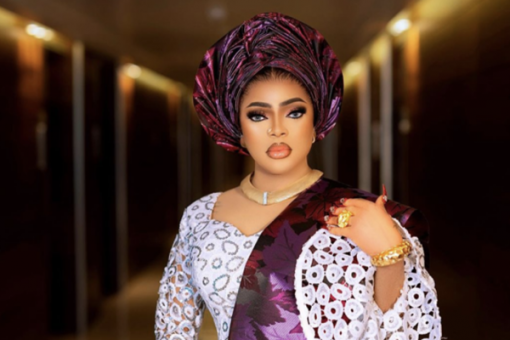




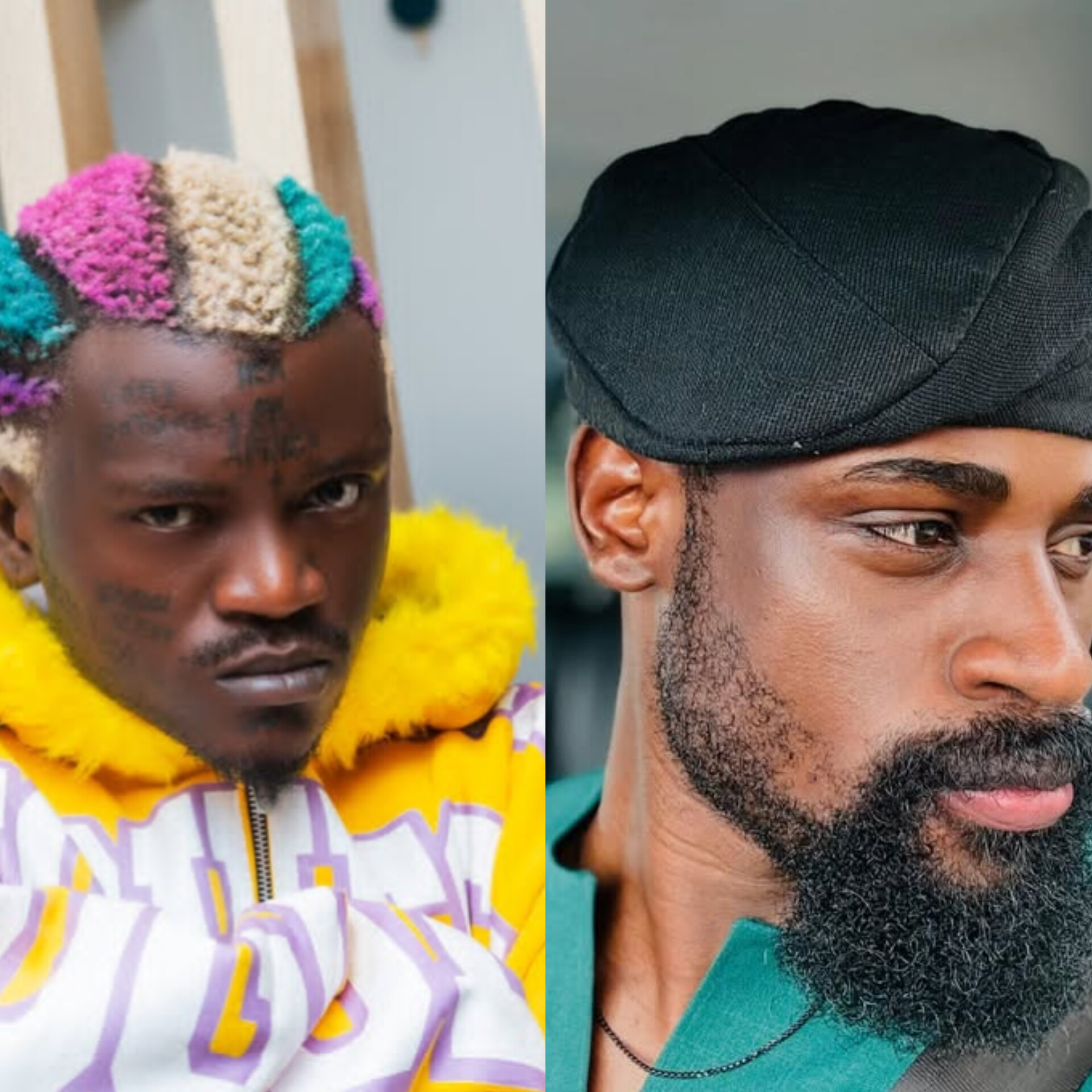


![Elderly Man Claims He’s Father of Wizkid [See Pic]](https://mikigist.com/wp-content/uploads/2025/06/images-6-360x180.jpeg)












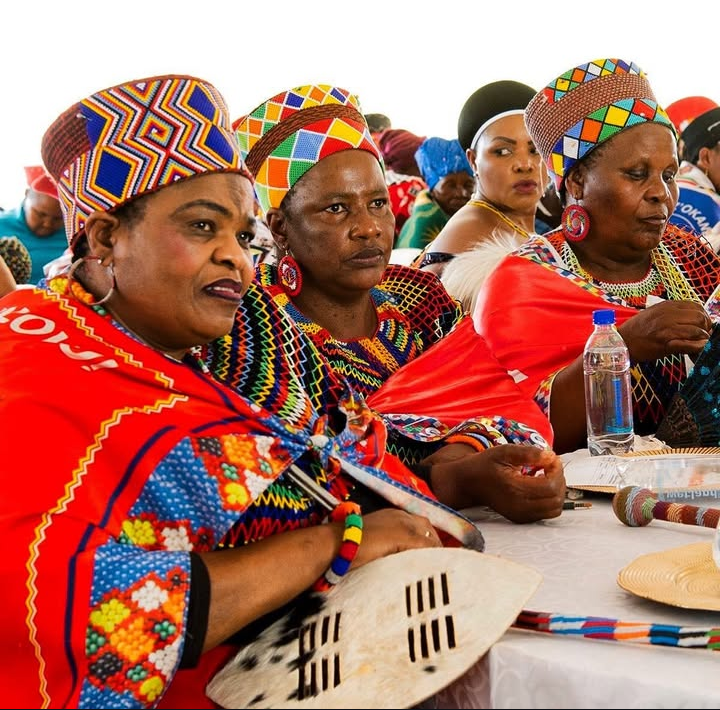








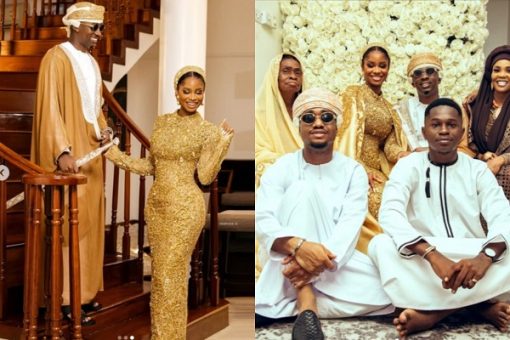


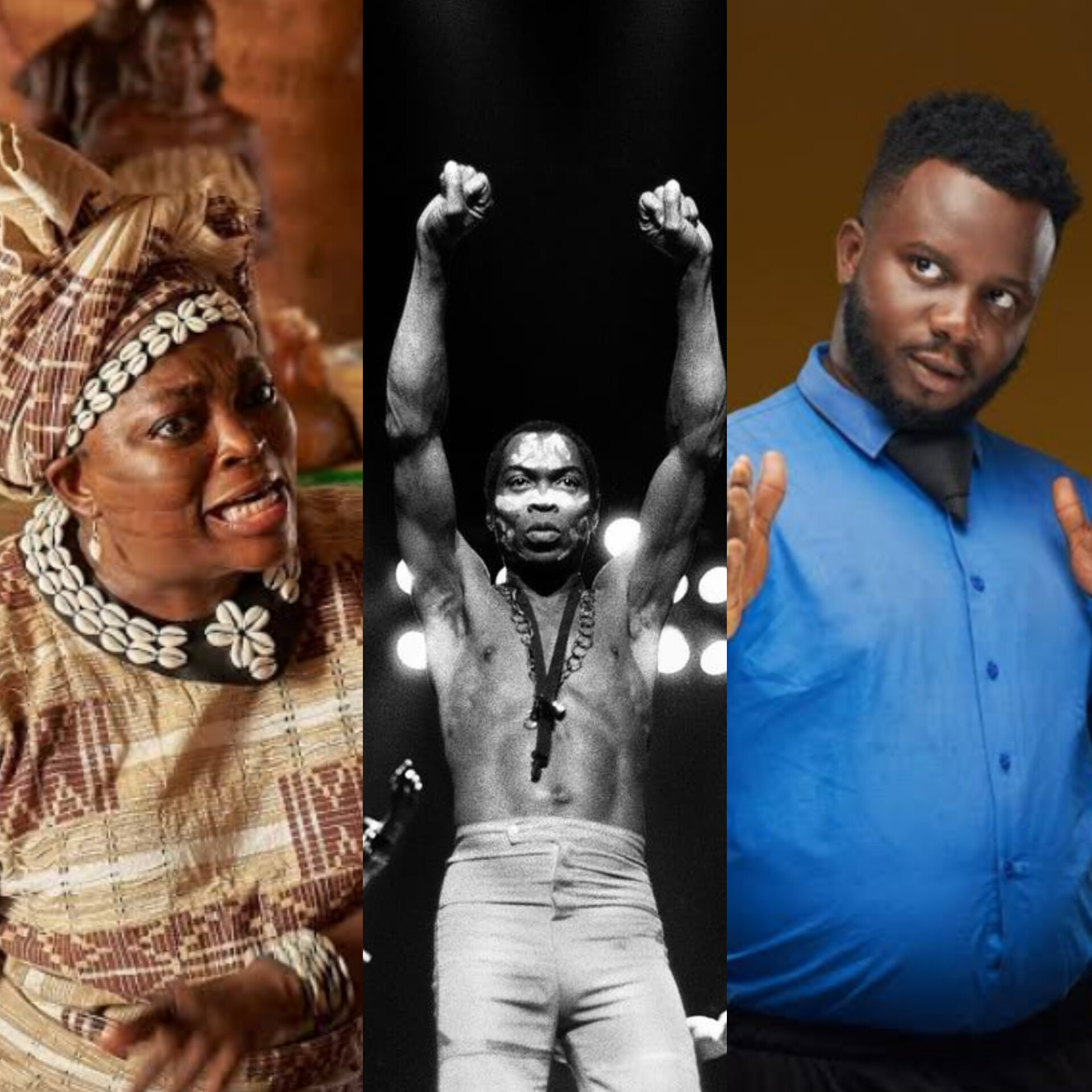





Comments 1